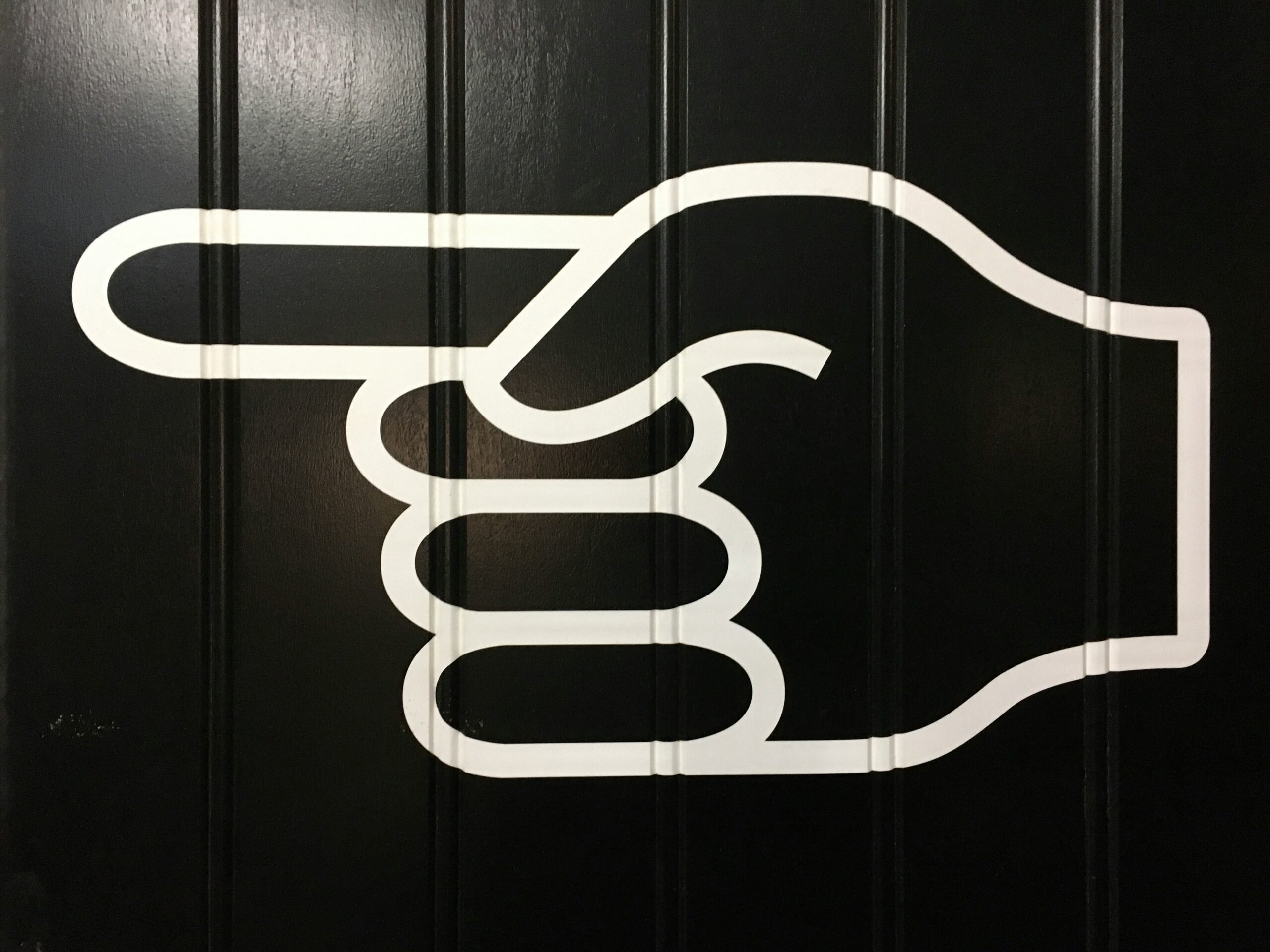The limits of today’s AI

So put me on a highway
Show me a sign
And take it to the limit
One more time
~The Eagles, Take it to the limit
If you listen to the hype from what I call the ‘AI true believers,’ you’d think it could do almost anything, but there are in fact limits. As my friend told me at a dinner party not long ago, there are so many things that AI can’t do, like making her bed or preparing breakfast — practical everyday things that happen in the physical world instead of the digital one. Even with today’s consumer robotics technology, it still doesn’t exactly do it all for you.
That point was driven home to me this weekend when I was doing housework. We have a robo vacuum cleaner and before I could put it to work, I had to do quite a bit of preparation so it could do the job, including picking up cat toys, putting chairs on top of the table and moving throw rugs. In general, I had to clear the floor for the vacuum cleaner to do its work.
I have an open floor plan, so I also needed to block off the kitchen with chairs. Otherwise, it never finishes the living room and dining room, goes straight to the kitchen and eventually gets caught under the refrigerator (every damn time). The robo vac mostly does a great job within limits, but it’s not able to do anything without me setting it up for success first.
I think you can probably guess where I’m going with this. Similarly, generative AI can help you complete certain tasks, but it can’t do the work for you. And much like these tasks my friend outlined, maybe someday robots will be able to do them, but today that ain’t happening.
I’m working here
When you think about AI at work, we often have a similar set of unrealistic expectations. You have to learn what AI is capable of doing and what its considerable limitations are. As I wrote in FastForward #21, the age of AI mandates is here. And this could be problematic if you work for a company that is demanding you use AI with the assumption that it will always work as intended without the prep work or understanding of your job on your part. Unfortunately, it probably won’t.

As my friend Robert Rose, marketing strategist extraordinaire, put it in a recent LinkedIn post, asking people to get good at AI is kind of a meaningless order. We all presumably have, as Liam Neeson put it in the 2008 movie Taken, “a particular set of skills.” If you lack those basic skills, AI isn’t going to somehow make you an expert.
“I’d rather people focus on getting good at the thing they’re actually trying to do — marketing, design, analysis, strategy — and then use AI to amplify that. Because if you don’t have clarity, craft or judgment to start with, AI just scales your confusion faster,” Rose wrote. Confusion at scale is probably not the end result your CEO is shooting for here.
AI can’t do it all
Regular readers of this newsletter are familiar with the 'My adventures in AI' section that chronicles my experiences with the technology — sometimes amazing, sometimes funny, sometimes downright awful. I use AI regularly because I can’t in good conscience write about it if I don’t have some understanding of how it works for my job.
I can’t say that my experiences will be the same as yours, but many of the limitations I’ve encountered across various models are likely universal. It can help you work smarter, but it can’t do the work. It’s best to be honest about that instead of trying to convince everyone that these tools can do everything, or they have anything approaching real intelligence because they don’t.

As PR pro April Conyers put it in a recent LinkedIn post, if as a startup you try to cut corners using generative AI, your message probably won’t get through, at least not the one you want. “We’ve also seen an overreliance on ChatGPT, which has led us to re-teach some teams how to communicate like an actual human with an actual point of view,” she wrote.
The real question isn’t whether to ignore AI or worry it will take your job or that it will solve all your productivity challenges. It’s whether you’ll step up and harness what AI can truly do. Human intelligence might just be the secret ingredient that unlocks AI’s potential — and helps you figure out how to use it effectively in your own work.
~Ron
Featured image by Ricardo Resende on Unsplash+





